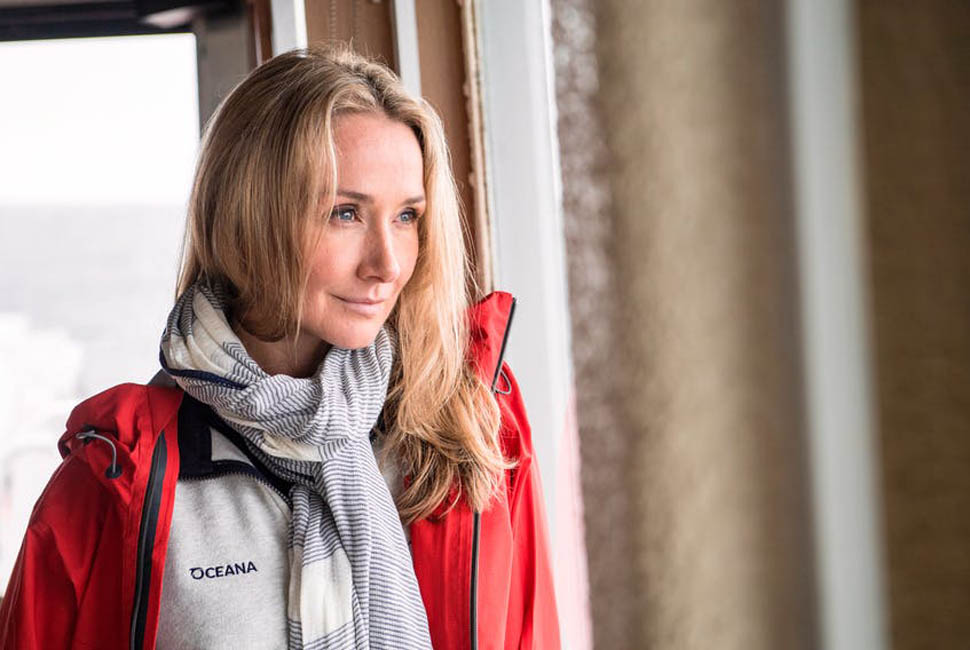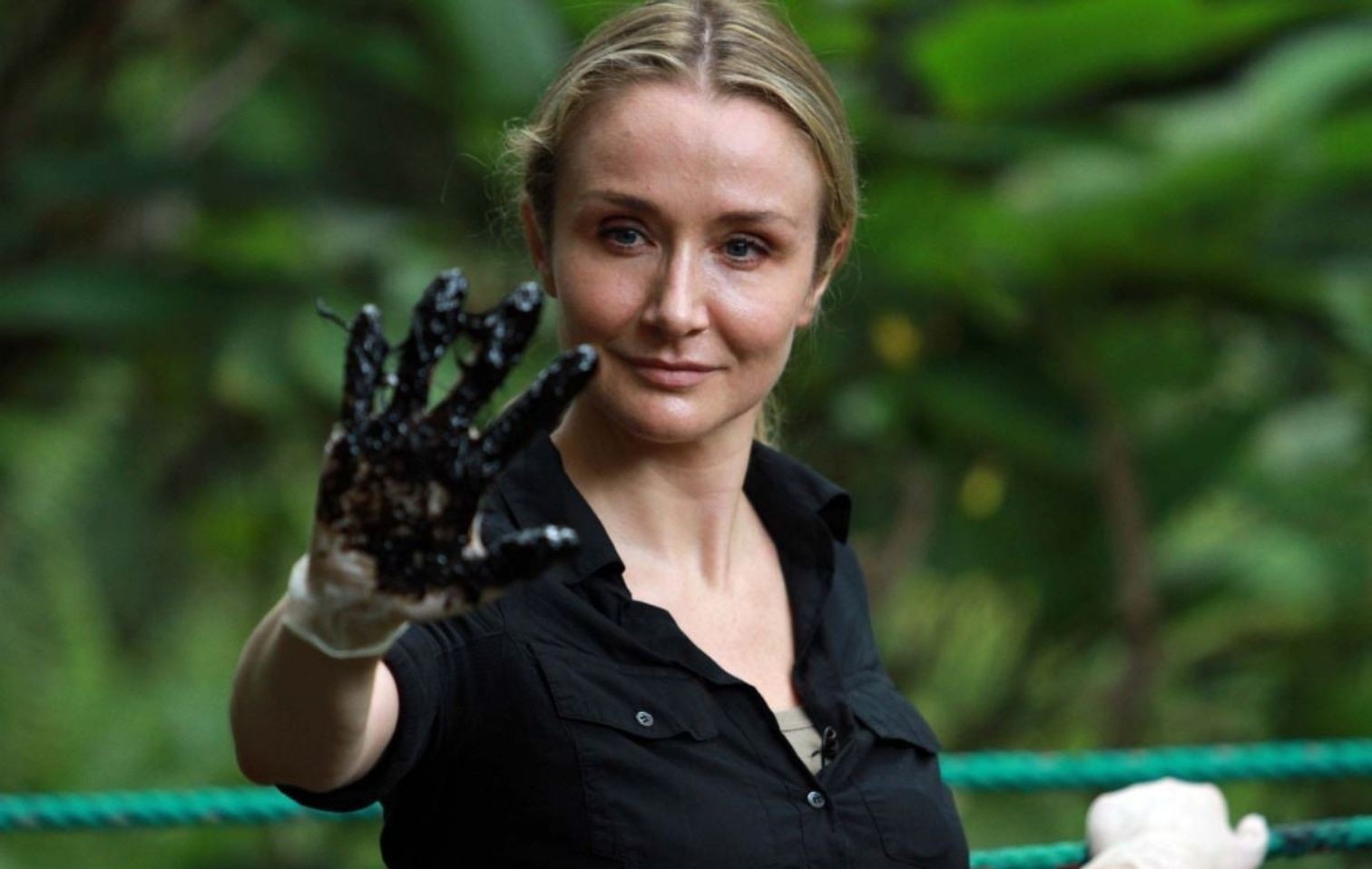"What can chefs really do for the future of the planet? Environmental activist Alexandra Cousteau, a daughter & granddaughter of famous explorers, discusses marine reforestation and restaurant choices. Nature now holds a value we were not aware of before—it is tied to the survival of humanity and the environment."
Who is Alexandra Cousteau? She is the granddaughter of Jacques-Yves Cousteau, a naval officer, explorer, oceanographer, marine biologist, and filmmaker, and the daughter of Philippe Cousteau, a diver, sailor, author, photographer, and filmmaker. Alexandra is also an environmental activist for sustainability, a National Geographic correspondent, a director at EarthEcho International along with her mother and brother, and a senior advisor for the NGO OCEANA. She was awarded with the Sartun Prize at the V Encuentro de Los Mares in Tenerife, where she addressed the culinary community regarding their responsibilities towards the marine universe.
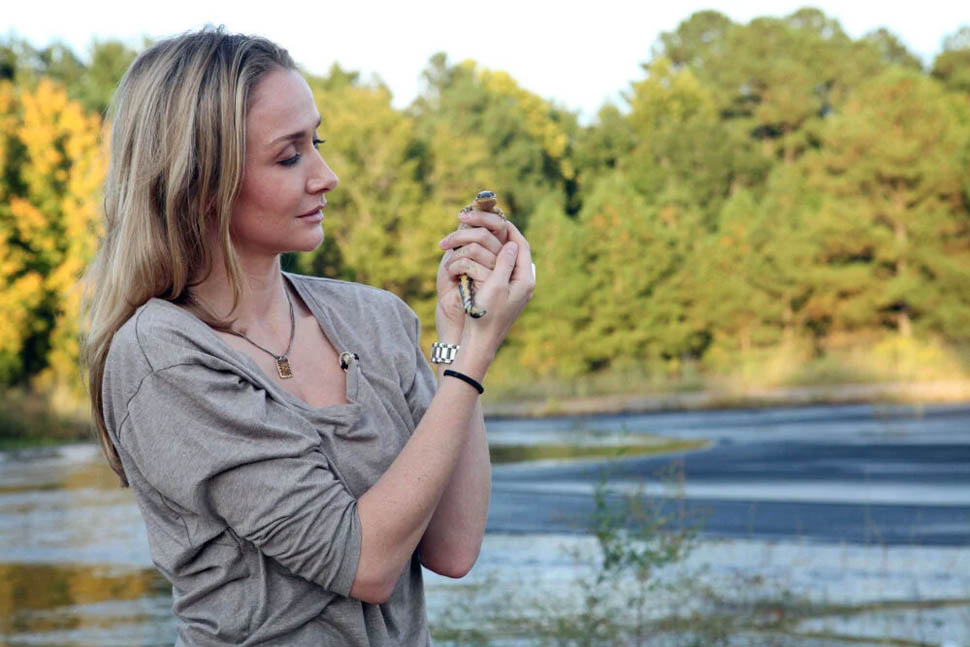
According to Cousteau, chefs can fight overfishing and educate diners simply by choosing what to cook. She targets specific gastronomic trends, such as the recurring use of octopus and tuna, hoping that less popular fish types will come back in trend. However, the industry needs to stand together and simultaneously obsess over the sourcing of their served items and the different fishing techniques. Although some customers may specifically request best-selling dishes, other chefs achieve equal success with alternative offerings. So, no excuses. "If chefs unite, they can save the seas. It's not true that the public always wants the same things."
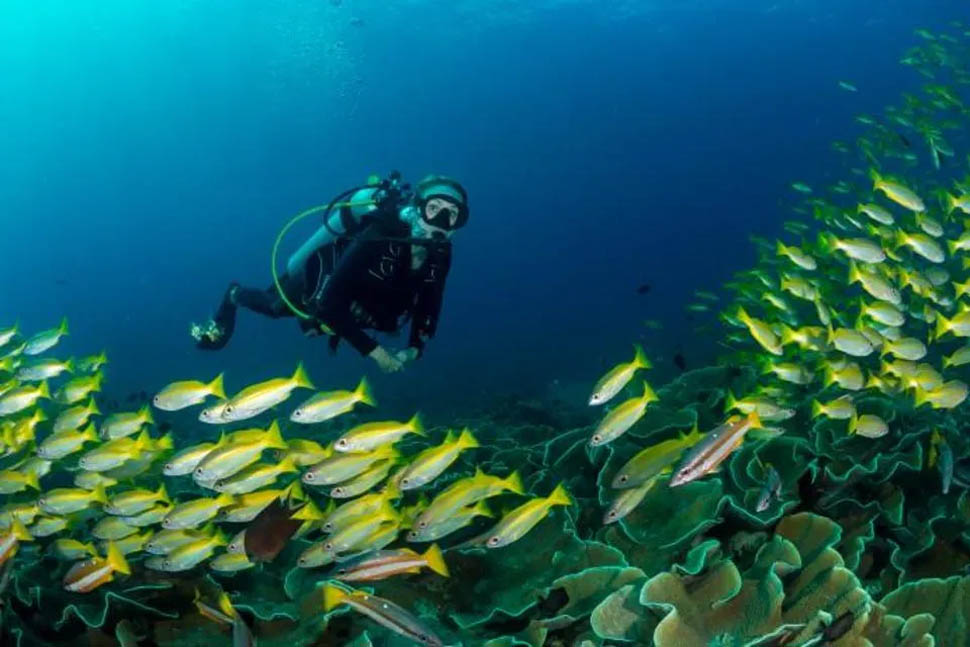
Alexandra Cousteau also advised against using single-use plastics in favor of available alternative materials, shifting from destruction to regeneration. Additionally, it is crucial to minimize waste and strictly adhere to fishing quotas, which allow marine populations to reproduce.
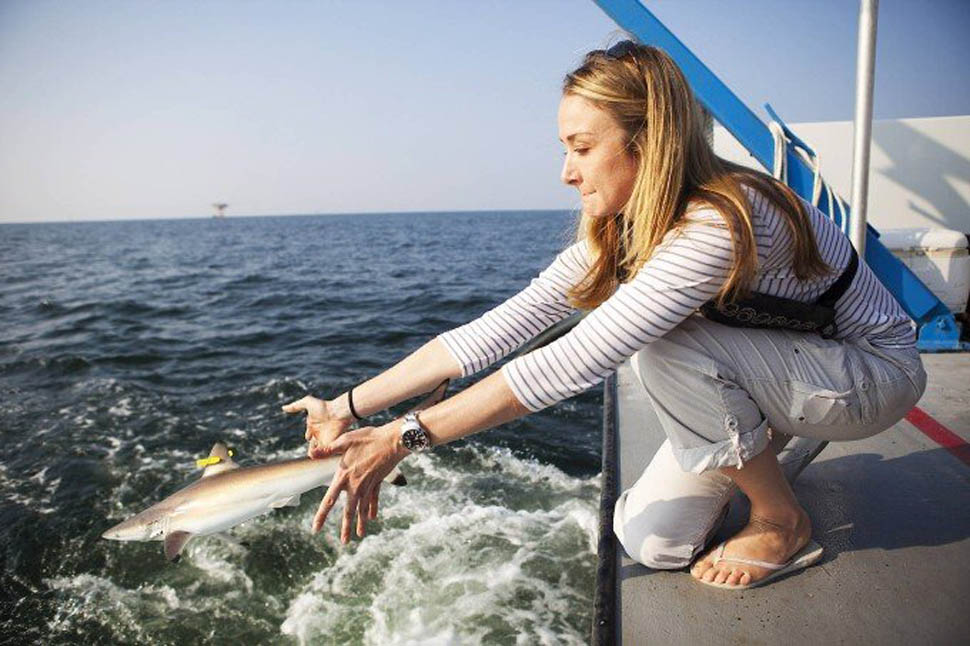
"Our task is to rebuild the oceans by 2050," she proclaims, advocating for the establishment of seaweed farms aimed at decarbonizing the waters, which could also serve as a source of employment. As early as 2018, her program OCEANS 2050 envisioned the sowing and management of marine forests to support wildlife. While eco-anxiety is now widespread, the focus should be on countering it by providing information on what individuals can do for the environment, encouraging citizens to ethically modify their lifestyles—for instance, by giving up single-use packaging and plastic bags at the supermarket.
